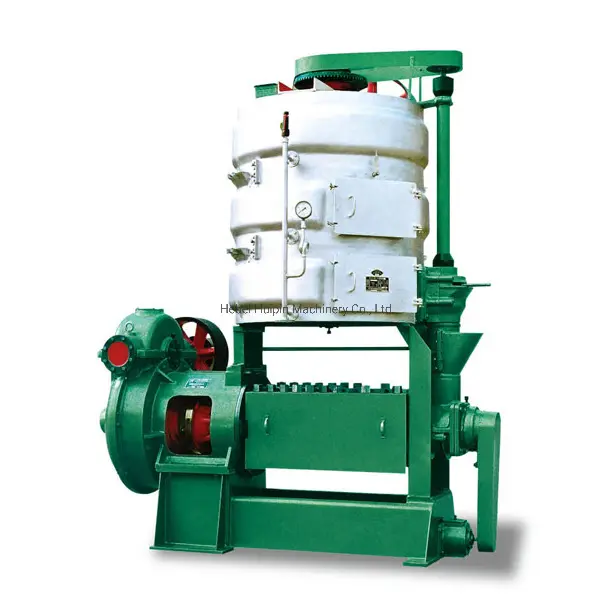ਅਕਤੂਃ . 14, 2024 00:58 Back to list
Animal Oil Refining Unit Manufacturing Facilities Overview
The Role of Animal Oil Refining Unit Factories in the Global Market
In recent years, the demand for various types of fats and oils has surged, driven by an expanding global population and changing consumer preferences. Among the various sources of oils, animal oils, derived from the rendering of animal tissues such as fats, have gained significant attention. Animal oil refining unit factories play a pivotal role in the processing, refinement, and distribution of these oils, which are utilized across multiple industries, including food production, cosmetics, pharmaceuticals, and biodiesel.
Understanding Animal Oils
Animal oils are dietary fats and components that provide energy as well as essential fatty acids crucial for human health. Common sources include beef tallow, pork lard, and avian fat (such as chicken fat). These oils are rich in saturated fats, which have been essential in traditional cooking practices. However, due to the increasing health consciousness among consumers, there has been a shift toward more balanced dietary fats, calling for a refined approach to animal oil processing.
The Refining Process
Animal oil refining is a sophisticated process that transforms raw animal fats into high-quality products. The refining process typically involves several key stages, including rendering, degumming, neutralization, bleaching, and deodorization.
1. Rendering The first step in producing animal oils is rendering, where animal tissues are heated to separate fat from protein and water. Efficient rendering techniques ensure minimal loss of the valuable oil during this process.
2. Degumming This process removes phospholipids and other impurities. It is crucial for ensuring the stability and quality of the final product.
3. Neutralization After degumming, the oil is treated with an alkaline solution to remove free fatty acids, which can negatively impact flavor and cause rancidity.
4. Bleaching This step enhances the color and purity of the oil. Various agents are used to absorb unwanted pigments and residual impurities.
5. Deodorization The final stage involves removing volatile compounds that can affect the oil's flavor and aroma. High temperatures under vacuum conditions help achieve odor-free oils, rendering them suitable for various applications.
animal oil refining unit factories

Applications of Refined Animal Oils
Refined animal oils have a diverse range of applications. In the food industry, these oils serve as cooking fats, flavor enhancers, and ingredients in processed foods. Their high smoke points and stability make them ideal for frying and baking.
In the cosmetics and personal care sector, animal oils are prized for their moisturizing properties. They are often used in creams, lotions, and soaps, providing smooth textures and enhanced skin benefits.
The pharmaceutical industry also utilizes animal oils as excipients in drug formulations, where they act as carriers for active ingredients, enhancing bioavailability and absorption.
Moreover, with the rising interest in sustainable energy solutions, animal oils are being explored as potential feedstocks for biodiesel production. Their renewable nature and lower carbon footprint compared to fossil fuels make them an attractive alternative.
Industry Challenges and Sustainability
Despite their versatility, animal oil refining unit factories face a myriad of challenges. Issues such as fluctuating raw material costs, tight regulatory standards regarding food safety and environmental practices, and negative perceptions regarding animal-based products can pose significant hurdles.
Sustainability is becoming a key focus for many refining units. Strategies such as utilizing waste by-products, reducing energy consumption during the refining process, and ensuring responsible sourcing of animal fats are increasingly emphasized. By adopting sustainable practices, animal oil refineries can not only enhance their brand reputation but also contribute positively to environmental conservation.
Conclusion
Animal oil refining unit factories are integral to the global supply chain of fats and oils, playing a crucial role in transforming raw animal materials into valuable products with wide-ranging applications. As the demand for sustainable and high-quality fats continues to grow, the industry must evolve and adapt to new challenges and opportunities. With a focus on refining techniques, applications, and sustainability, these factories will remain vital players in the ever-evolving market of animal oils.
-
Professional Safflower Oil Press Service | AI-Efficient
NewsAug.03,2025
-
HP290 First Press Oil Expeller Machinery: Efficient Oil Extraction
NewsAug.02,2025
-
Top Food Oil Refined Unit Companies w/ GPT-4 Turbo Tech
NewsAug.01,2025
-
Premium Black Seed Oil Expeller - High Efficiency Cold Press Oil Machine
NewsJul.31,2025
-
Oil Processing Equipment - High-Efficiency Flaking Machine
NewsJul.25,2025
-
High-Efficiency Peanut Oil Refined Machine for Quality Oil Production Leading Exporters & Companies
NewsJul.08,2025
